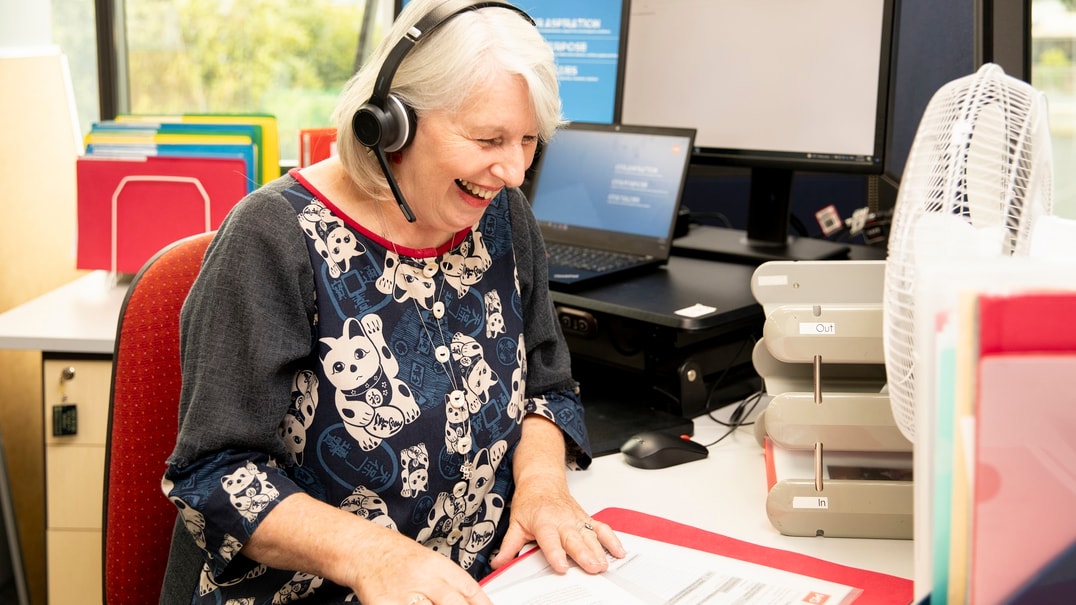Your brain processes information gathered via your vision and other senses – but MS can disrupt the flow of information to and from your brain. Problems with balance and coordination (ataxia) are common in MS and you might experience this as unsteadiness, dizziness, tremor or shaking.
This loss of stability can cause you to feel unsteady, lose coordination or stumble. A loss of balance can happen unexpectedly – for example, you could be walking outside and lose your balance and sense of direction.
If you’re experiencing this symptom, whatever you’re feeling is valid. Many people with MS can feel distressed, frustrated or experience a lack of confidence as their balance is impacted, so we’ve detailed some ways you can work on your balance and avoid falls below.


